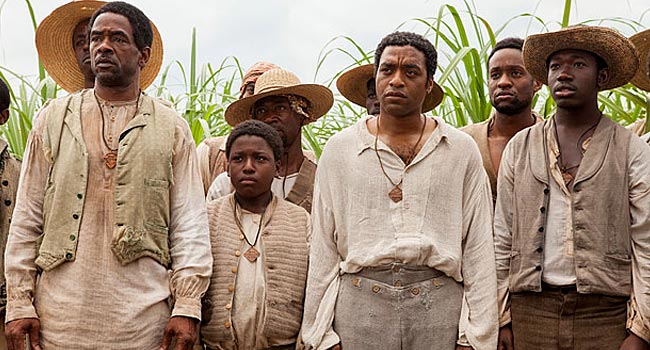Toni Morrison’s novel Beloved is a book that has interesting issues of race, class, gender, families, traumas and politics of the United States of the 1800’s. However, one of the focusing his novel has is on how women are treated at this time especially at during the 1800’s when society believed that men should have power of everything and woman were just submissive. Especially The white men were men that treated all women worse compared to the black men that also mistreated women but not as bad as the white men many may know that in 1800’s all woman did not have as much power as men, however Morrison’s message is about slave female, how they processed their lives after slavery ended and how both women and men have trouble overcoming.
Pamela E. Barnett claims in the novel Sethe's past was really abusive mentally and physically based on how Morrison showed in the novel. Pamela E. Barnett stated, “To confront a past they cannot forget”.Pamela E. Barnett statement is presented in the novel Beloved when Sethe cannot forget about her past of slavery that most of the time was getting rape and not being able to do anything about it, now that she have a family she was really focused on them, and save them from having a life as a slavery the way she did. These are several reason what Sethe did things that a mother would never do like killing there own kids. Based on the novel Morrison states, “More pulsating than the baby blood soaked her fingers like oil” (page6). When it says “baby blood soaked her fingers like oil” it means that Sethe had blood of a baby and that baby was her own child, Beloved. The reason she did this was because she did not want her daughter to grow up and suffer like her mother Sethe is a character that is scared from the inside of what all men have done to her just to show that they are superior and have the right to what they want to do with any women”. Pamela E. Barnett would agree with my statement because as she stated ,“She reenacts sexual violation and thus figures the persistence nightmares common to survivors to trauma”. As you can see in overall Pamela E. Barnett’s article is to prove that Sethe suffered a lot in her past time, as did all women because of the men that just wanting to show how much they can control women and the superior.
Sethe’s life were really difficult because her past kept going everything that she was doing was to protect her family and to be a respected person.She might never be respected especially because she is african american women who killed her child for the sake of trauma slavery caused her and reflecte. The only thing that an african american family had in the 1800’s was love for each other, no one could take that away and feeling safe.




